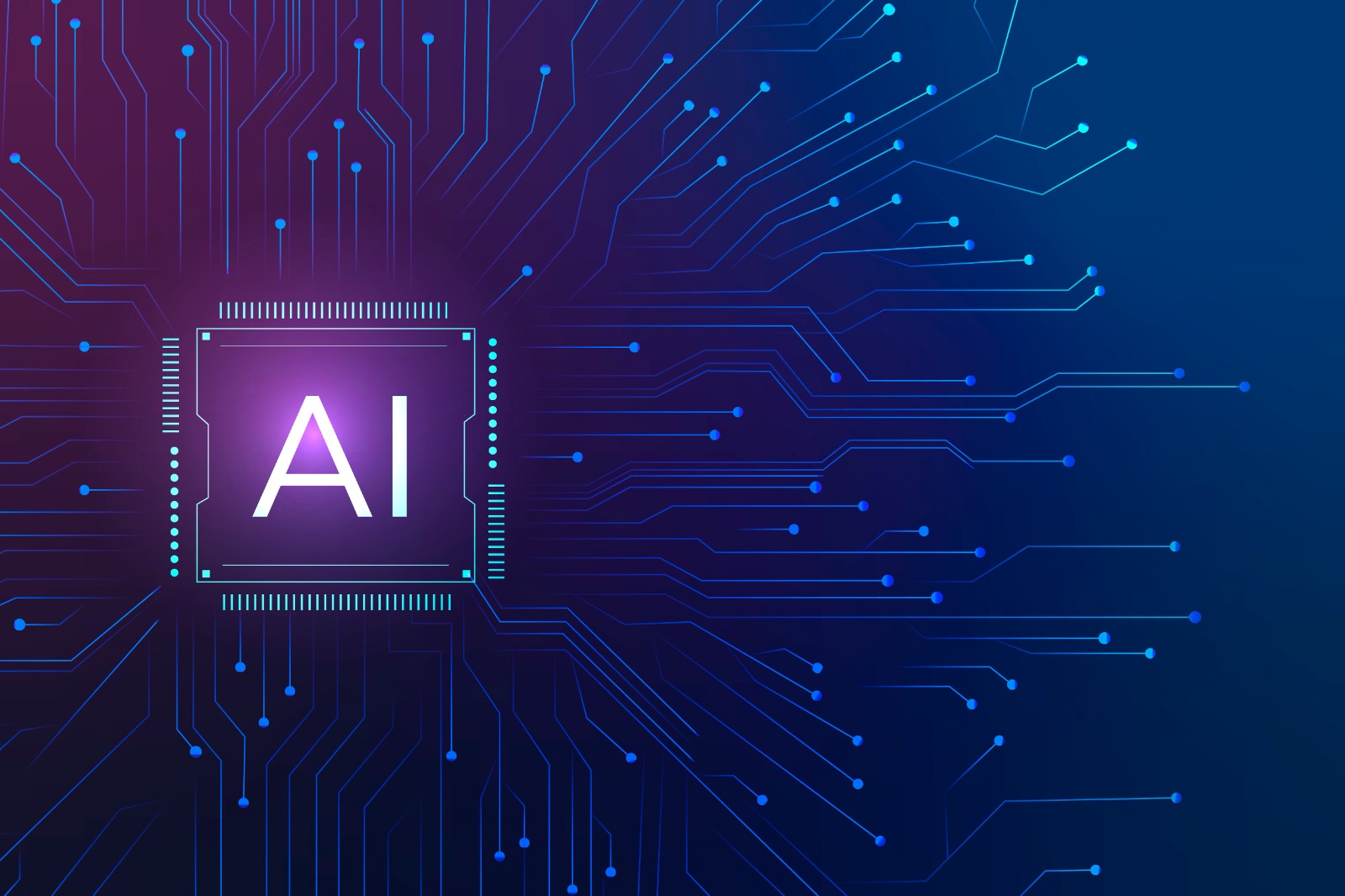Will the rise of AI in Fintech affect the industry positively or not?
You must be wondering, "Have I ever dealt with Fintech?" Why should I be concerned about the influence of AI on the Fintech industry? So, here's your answer: each of us should understand how AI is affecting our industry and how it will affect them in the long run. Have you ever utilized UPI applications to make payments or Splitwise to split dining bills? You may have used banking apps for mobile banking; congrats, you have leveraged the power of fintech in your daily life.
Let's take a closer look at how the rise of AI in the fintech business will affect us and the industry.
What exactly is Fintech?
Fintech is the shortened form of "financial technology," which simply means the application of technology to the financial industry for its benefit.
For example, prior to the twenty-first century, people relied on ledgers and sales books to invest in any company. Now that we have the technology, the investing process is more digitalized and speedier. According to Juniper Research, digital wallet use is expected to reach 4.4 billion users by 2025, up from 2.3 billion in 2020. (Source)
Total global fintech funding hit US$210 billion in H2'21, according to the Pulse of Fintech, indicating that the future of fintech is quite bright in the coming years. (Source)
Use of AI in Fintech
AI is an abbreviation for Artificial Intelligence, and businesses in the financial sector (banks, lenders, insurance companies, cryptocurrency, tax and accounting organisations, and others) utilise AI to gain more accurate insights and save time.
As the usage of AI and machine learning in the finance sector advances, customers have started to experience changes in their daily lives. People can simply manage their funds with the help of AI, which saves them time; they do not need to conduct extensive research and are more confident in AI and ML predictions.
Overview of the rise of AI in Fintech-
The AI in Fintech Market is projected to be worth USD 42.83 billion in 2023 and USD 49.43 billion by 2028, increasing at a CAGR of 2.91% throughout the predicted time frame (2023-2028). (Source)
AI has seen enormous progress in the last decade, with North America accounting for the biggest market share. (Source)
Discussing the positive implications of AI in the field of finance
1. Enhanced Customer Experience: AI has assisted enterprises in providing a better customer experience, and the introduction of Chatbots on every website has made it easier for customers to get common questions answered. AI has also aided businesses, as they no longer need to invest extra money to hire an employee for the same task.
With the use of AI, companies can also monitor customer feedback easily and address their issues on a priority basis. Thus, enhancing customer-satisfaction and building loyal customers.
2. Customized Financial Advice: AI can provide companies as well as individuals with customized financial advice, which saves time and effort in thorough research of the market.
3. Aids in Fraud Detection and Prevention: Entities like banks, insurance firms, and trading firms use AI for fraud detection as it can assist them with the credit score of an individual before providing a loan, detect anomalies in a customer's profile to determine if they could be a potential defaulter, and is used by trading firms to predict the market.
4. Algo-Trading Application: Algo-Trading employs algorithmic trading, which involves the use of computer programs to conduct trades based on predefined rules. When the set of predefined rules is met, the order is placed at a speed and frequency which humans could never attain.
Alleged concerns and challenges of AI in fintech
1. Data privacy and security risks: With AI comes the potential of data leak. We save practically all of our data online, and the applications we use for mobile banking, ordering food at midnight, UPI apps, and other services have access to our personal information, giving rise to a series of new scams. Governments in various nations are devising various strategies to combat these scams, but is this preventing scammers from defrauding us?
2. Lack of human emotions in market analysis: While AI predictions have been acknowledged in the trading market by businesses and individuals, they are solely based on certain predefined rules written by a programmer like us. The AI in this case lacks human emotions and comprehension.
For example, if we put a limit on the AI system to sell shares when they reach a specific limit, the system will do so without considering how the market will perform in the coming hours or days. This is where the market requires experts.
3. Job displacement and workforce transformation: The shift in the dynamics of workforce transformation caused by AI and ML is the biggest issue that every employee and employer has right now.
Many people have already begun to sense the need to enhance their abilities as AI simplifies jobs for businesses. Will AI take over human jobs in a few years?
Conclusion
According to the most recent research, 35% of worldwide organisations are utilizing AI in their operations (Source). Many businesses are still investigating the use of AI for certain activities.
Work must be modernized while also retaining its ethnicity. Is AI hazardous to employees? No, it may assist you with minor activities that are taking up your extra time during work hours, but AI will never be able to replace a human mind and job. What we need to focus on is finding an appropriate balance between AI and human collaboration and using it to make your life easier.
What other threats and advantages could AI have in your workplace?
*Picture Credit - Rawpixel
